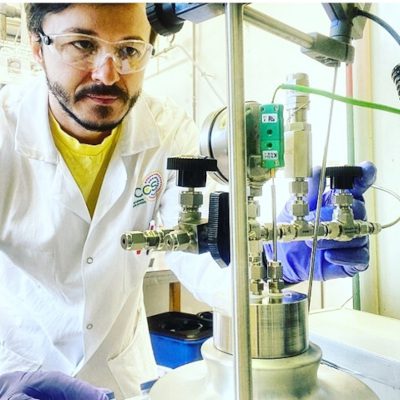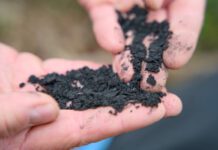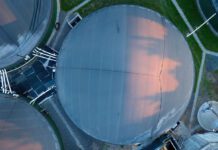
Working closely with researchers at the Centrale Lille Institute in Lille, France, laboratory equipment firm Asynt says it has developed and supplied two custom high-pressure reactors to assist them in their development of new advanced catalysts for biomass transformation.
Dr Robert Wojcieszak said: “Our new CatBioInnov project aims to develop catalytic processes for the conversion of C1 to C6 lignocellulosic molecules, isolated from biomass, to chemical intermediates for bio-polymer and energy-driven applications such as the production of biofuels and additives for biofuels. To support this R&D we decided to invest in two high pressure reactors.”
Asynt was chosen, he said, for its flexibility in high-pressure reactor production, and ability to meet individual customer needs in terms of reactor size, construction materials, pressure ratings and in relation to available options for agitation, heating and sampling. “Usually, we only have milligrams of catalysts so we chose a relatively small overall volume for our high-pressure reactors. This allows us to work with a large range of different catalyst metal/substrate ratios. The possibility to work at high pressures (up to 200 Barr) was also very important for us. As our catalytic reactions are often undertaken in corrosive media, the choice of Hastelloy [(a nickel-based alloy with a high level of corrosion resistance)] for the reactor construction was logical”.
Dr Wojcieszak said: “The two 50ml Hastelloy C276 high pressure reactors supplied by Asynt enable a considerable shortening of the trial-and-error phase necessary to design our new catalyst formulations. Using these reactors, we can perform several tests per day and study the kinetics of the reactions. The Asynt high pressure reactors are also very easy to use, further reducing the time needed to perform two sequential reactions.” He said Asynt had also assisted with the custom design issues and answered all their queries.
The Catalysis and Solid State Chemistry Unit in Lille brings together a large group of experienced researchers, technical and administrative support staff, plus doctoral students and post-doctoral researchers. The unit’s scientific activities are divided into three fields: heterogeneous catalysis, catalysis and molecular chemistry, and solid chemistry. Within the VAALBIO group, the CatBioInnov team (led by Dr Robert Wojcieszak) is focused on the advanced catalytic upgrading of biomass materials for biorefineries, alongside research into streamlining the use of fossil resources.
For further information on the pressure reactors solutions visit https://www.asynt.com/products/pressure-reactors/.







